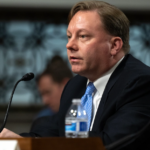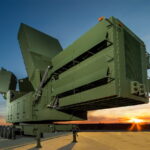
COLUMBUS, Ohio – The vice-chair of the House Armed Services Committee (HASC) has said he no longer anticipates the “the days of massively increasing defense budgets,” reiterating a focus on continuing to find cost efficiencies at the Pentagon. Rep. Rob Wittman (R-Va.), who also serves as chair of HASC’s Tactical Air and Land Forces Subcommittee, offered his defense spending outlook during prepared remarks aired at NDIA’s Tactical Wheeled Vehicles conference here on Tuesday. “The days of massively increasing defense budgets…

 By
By 











